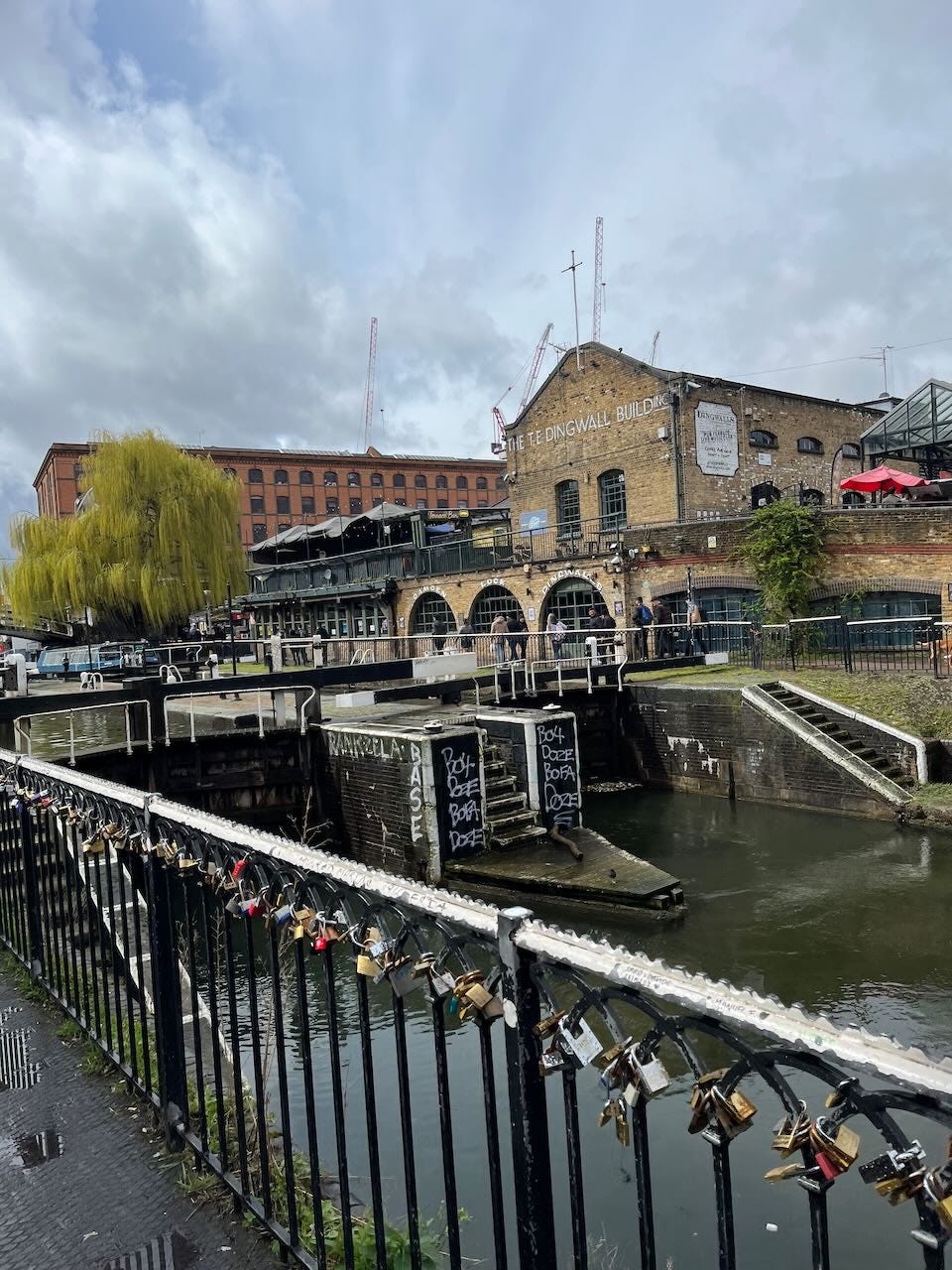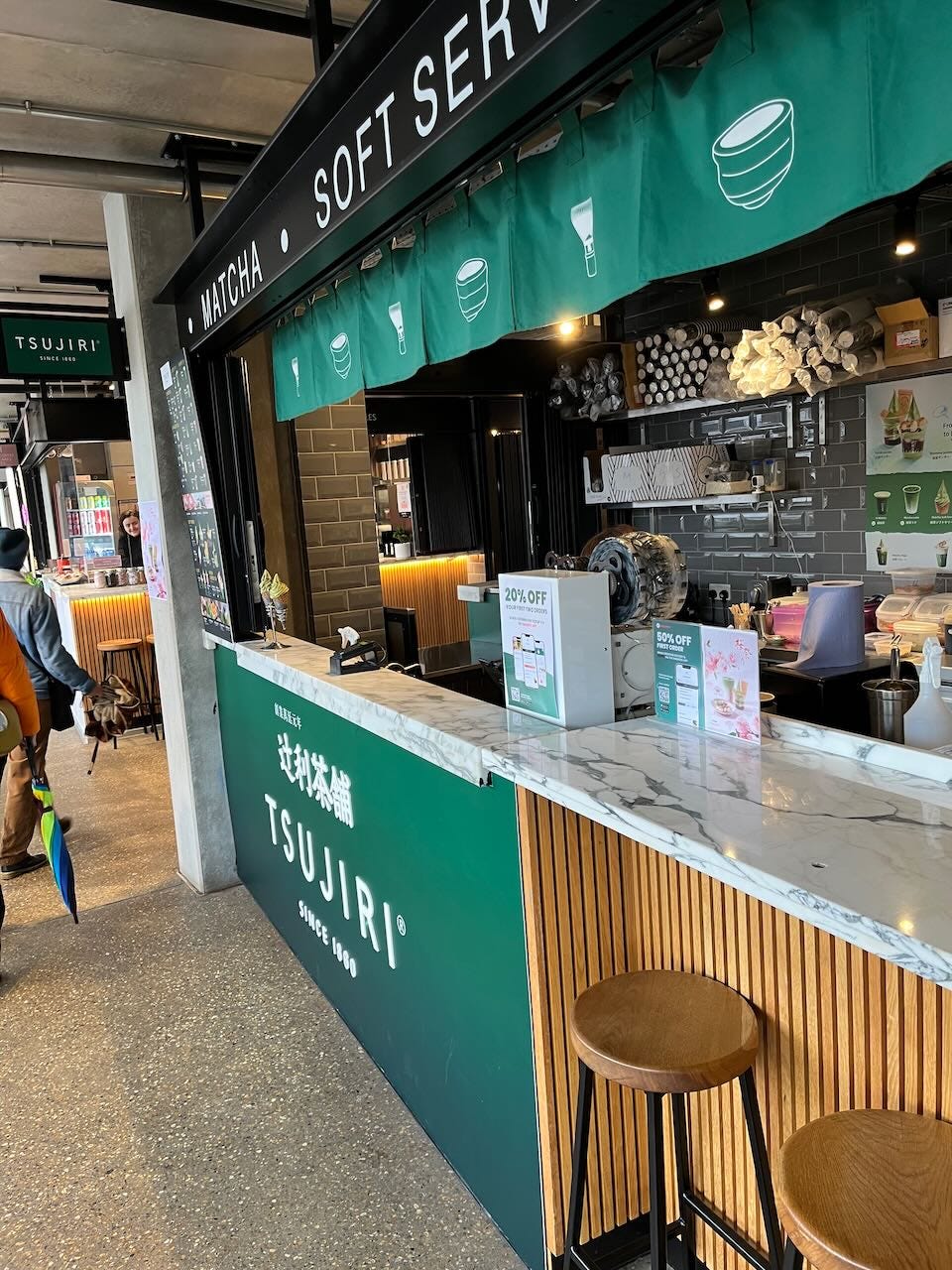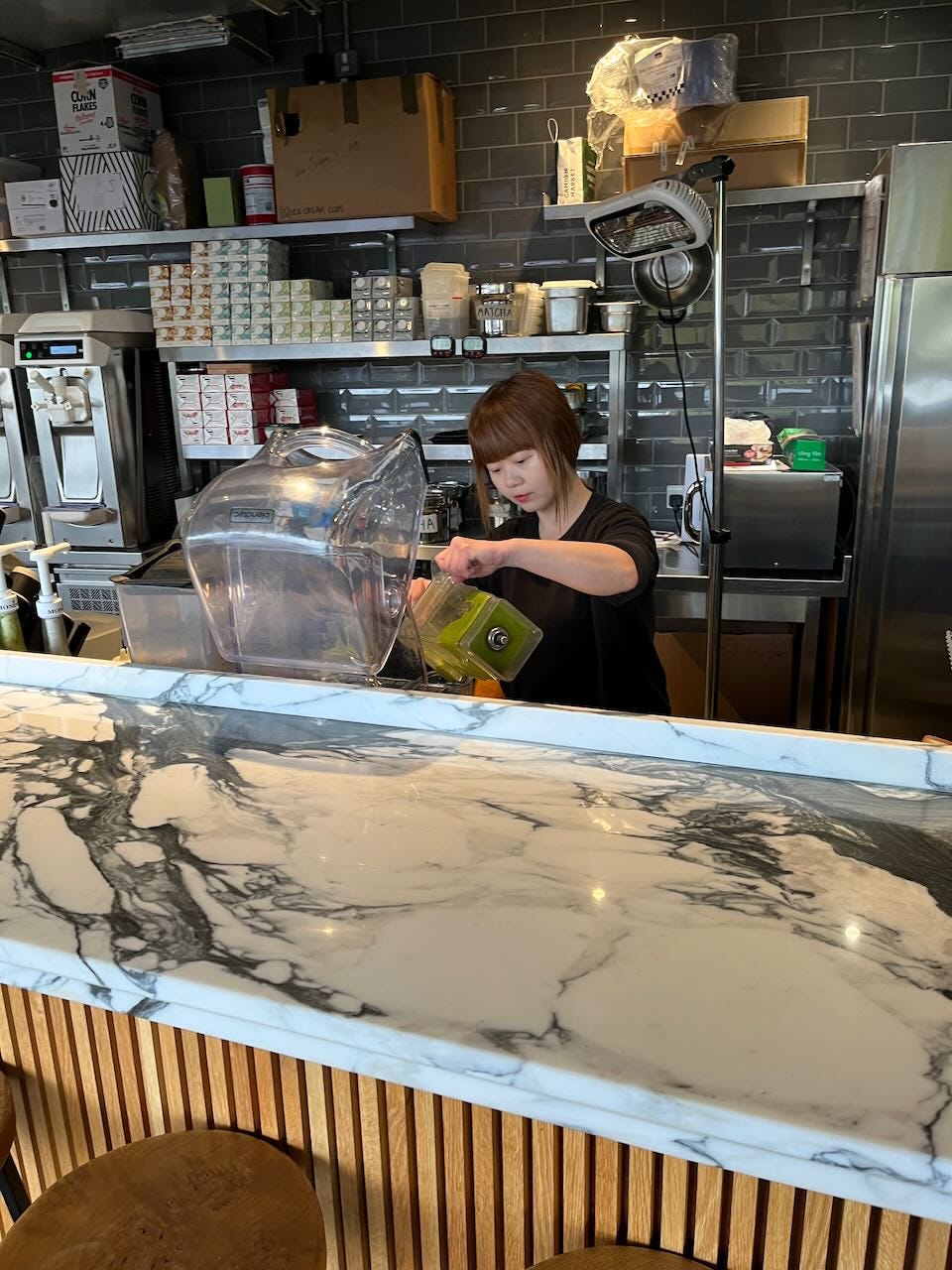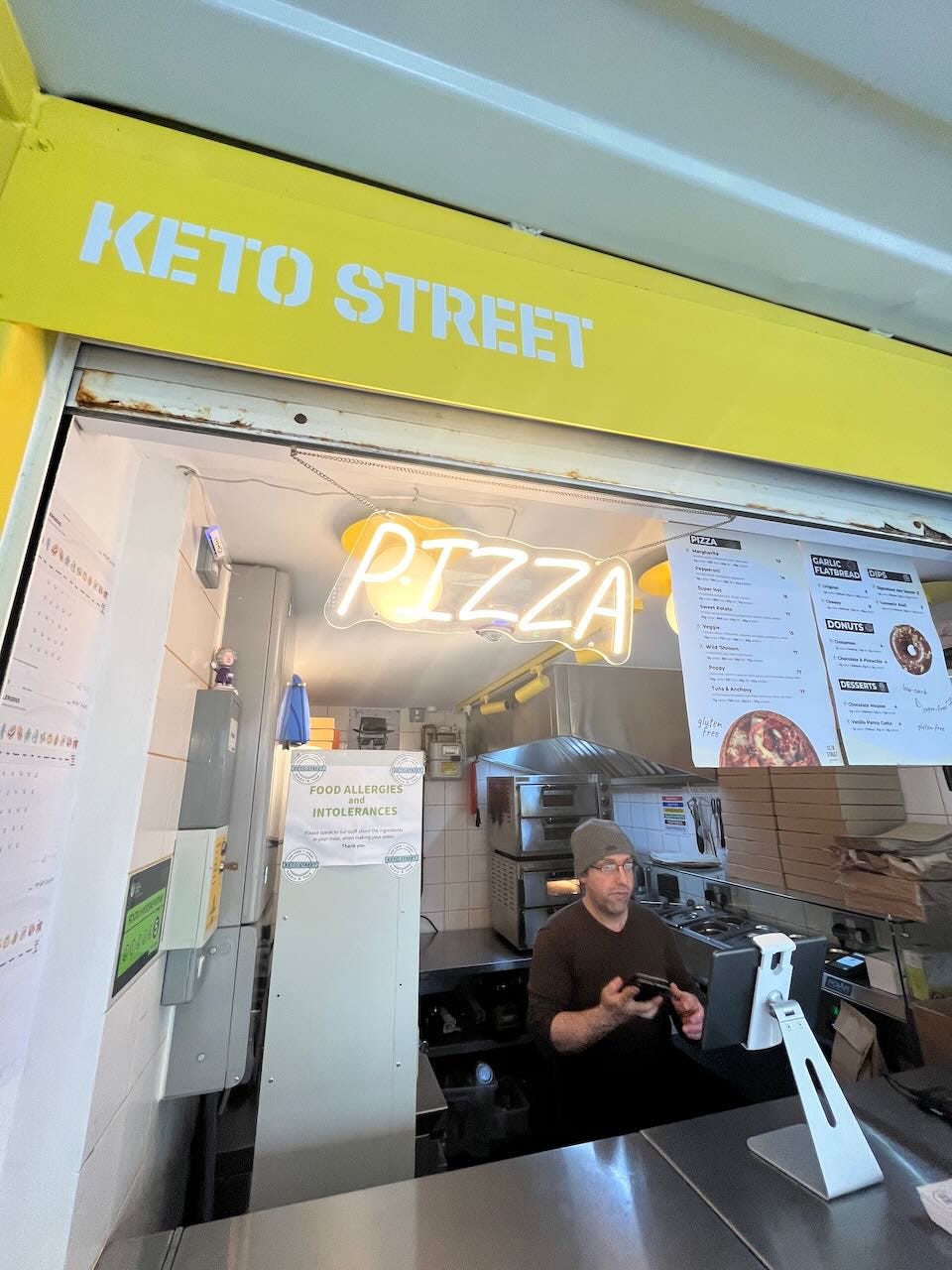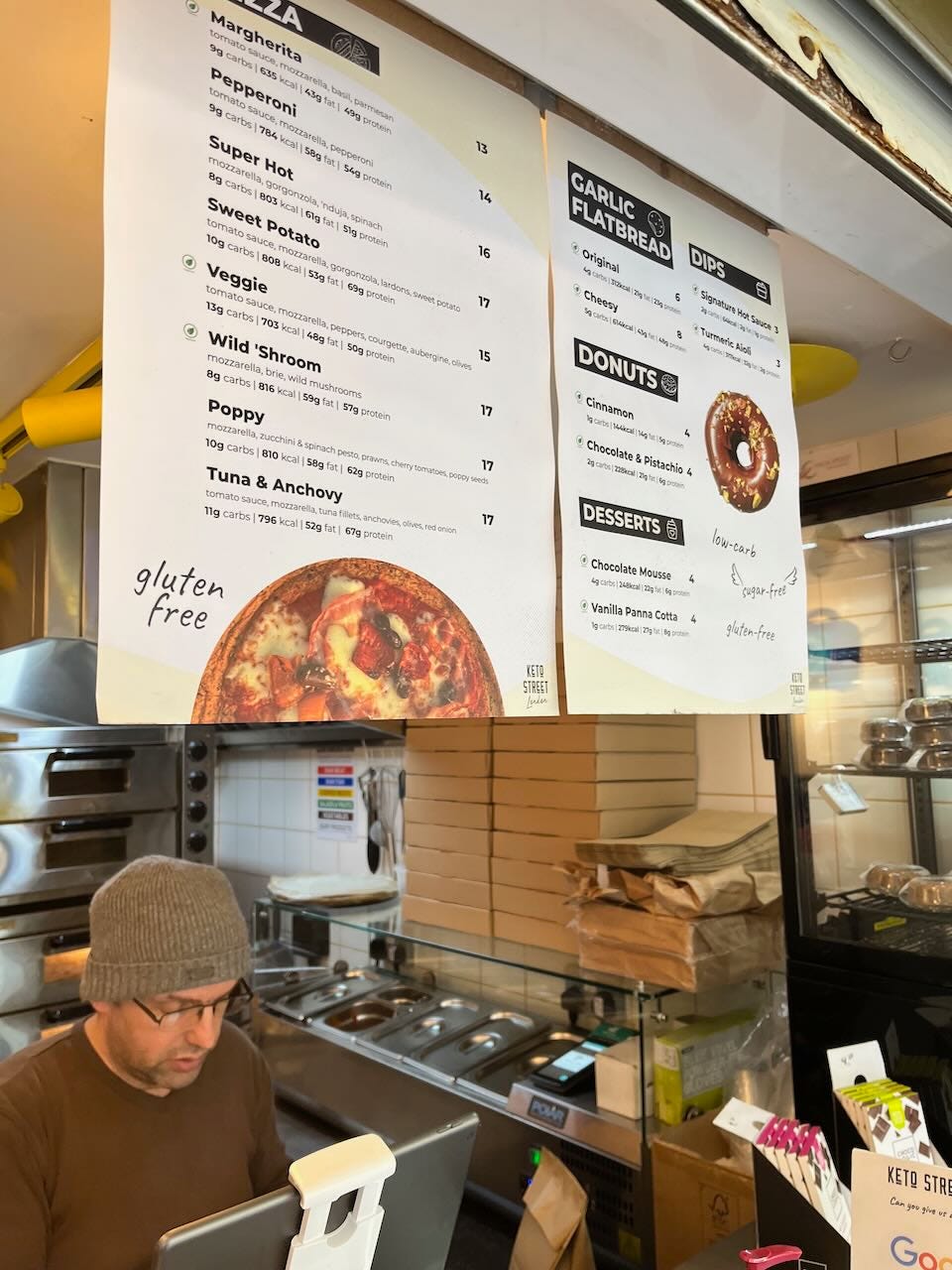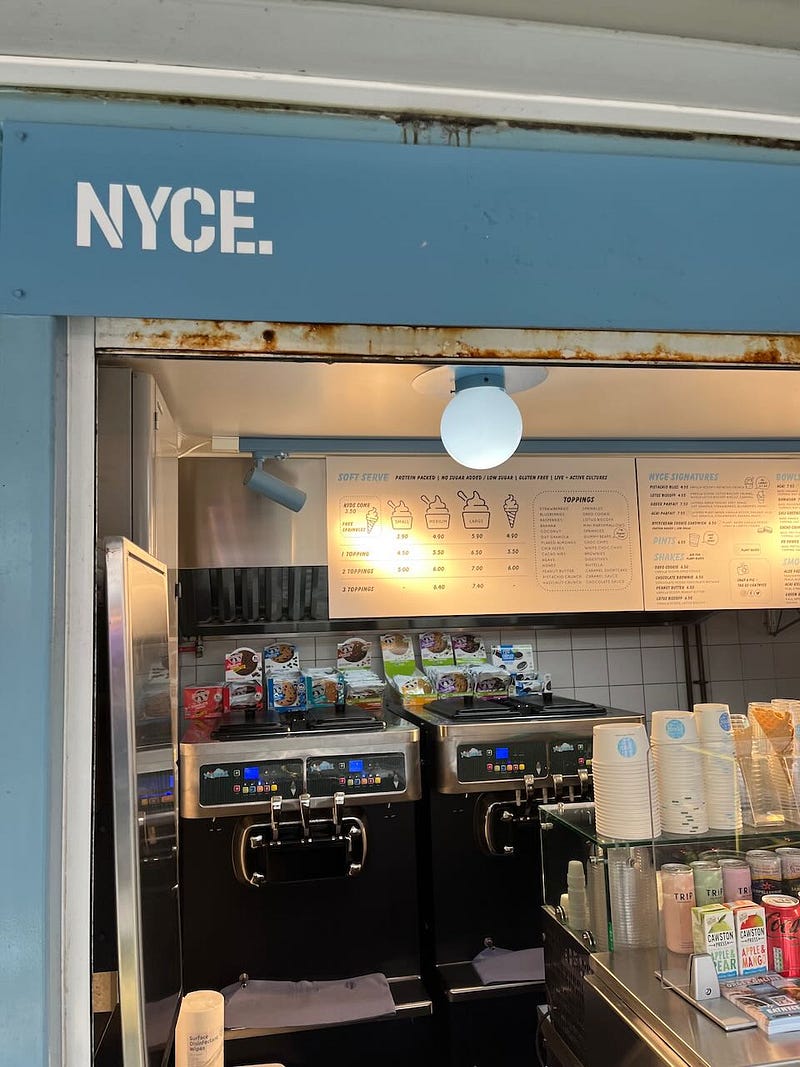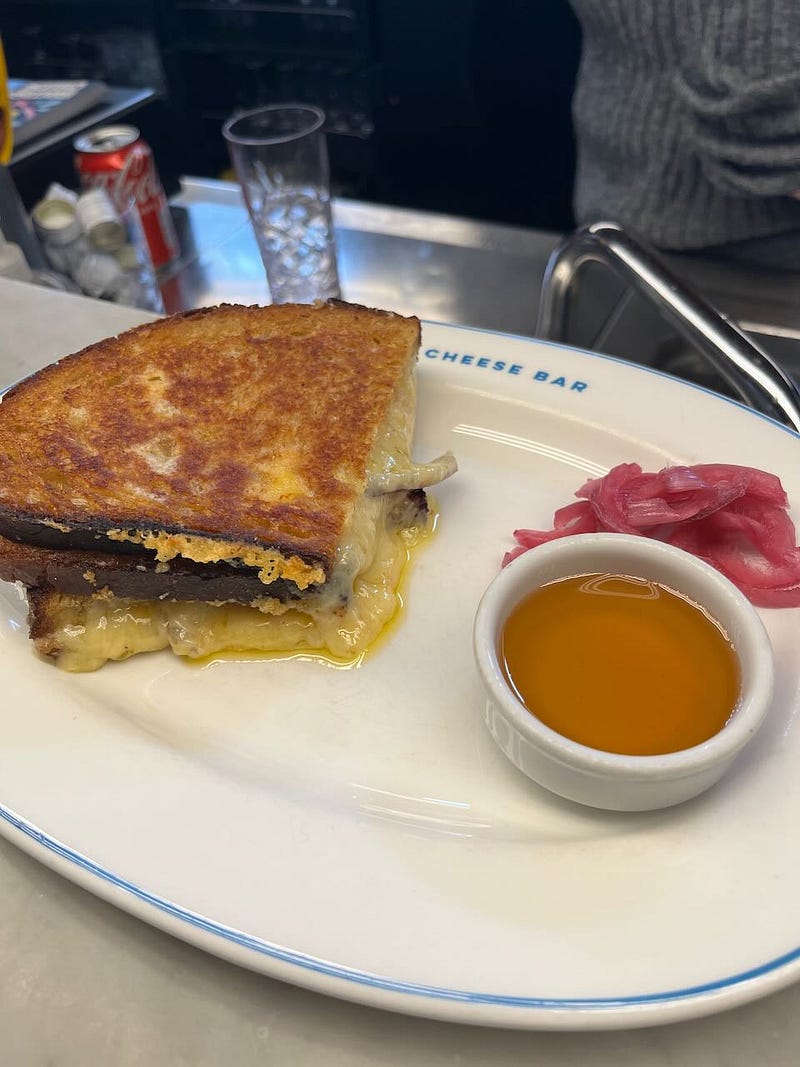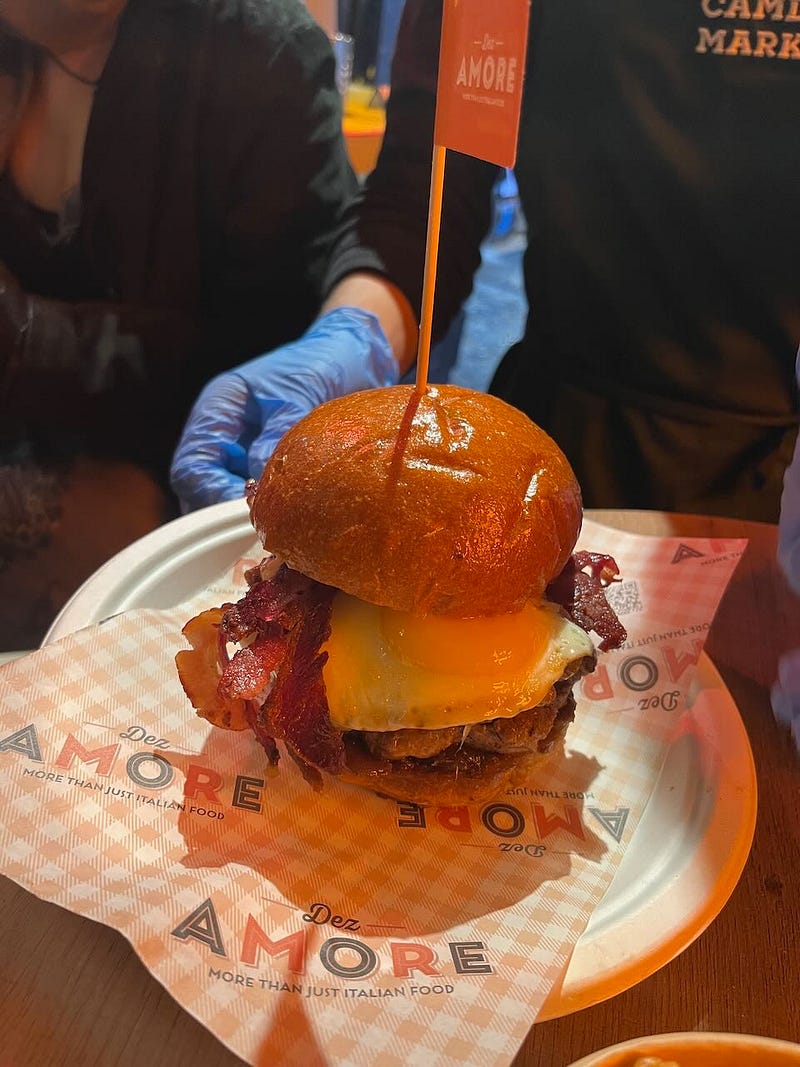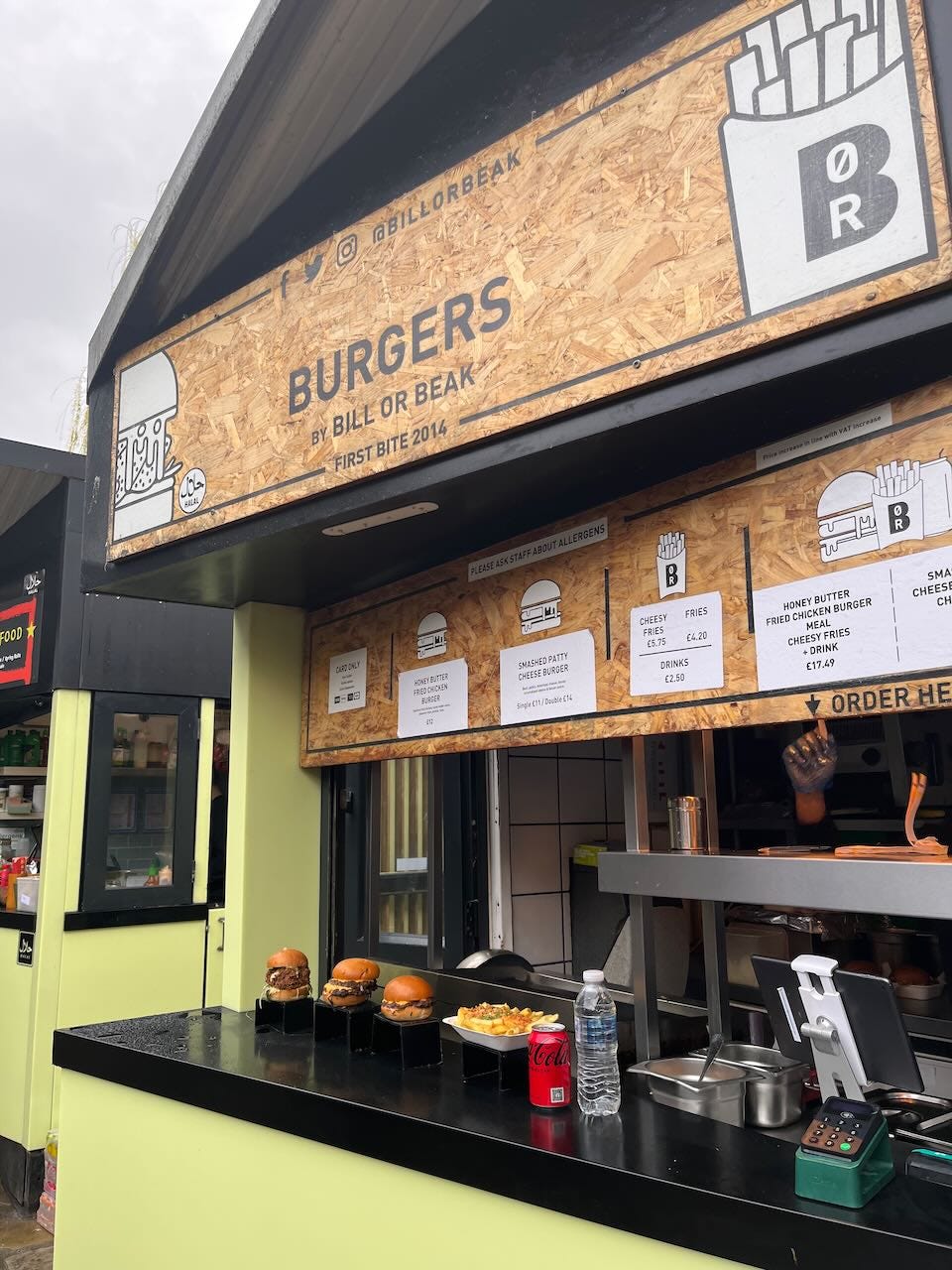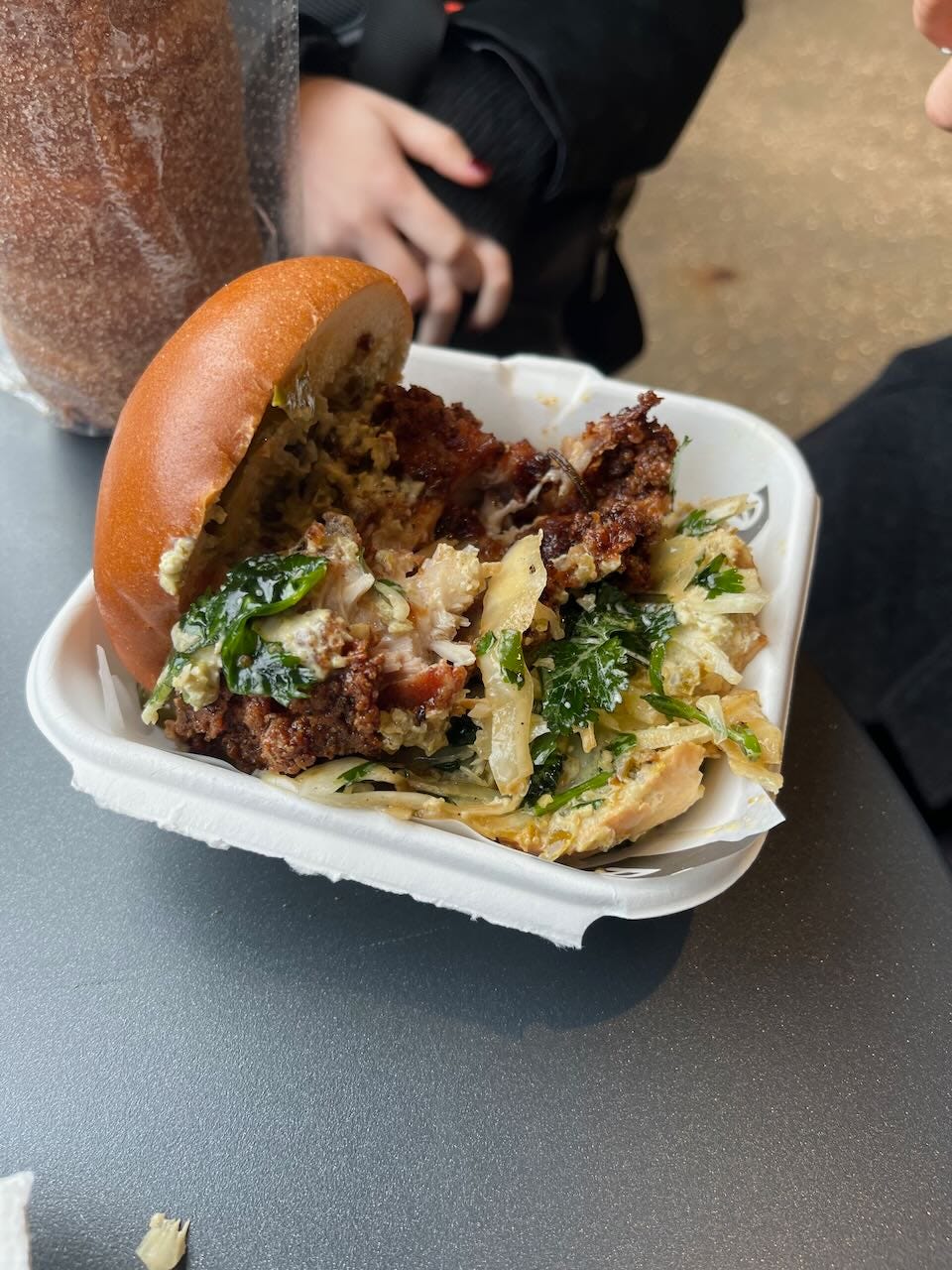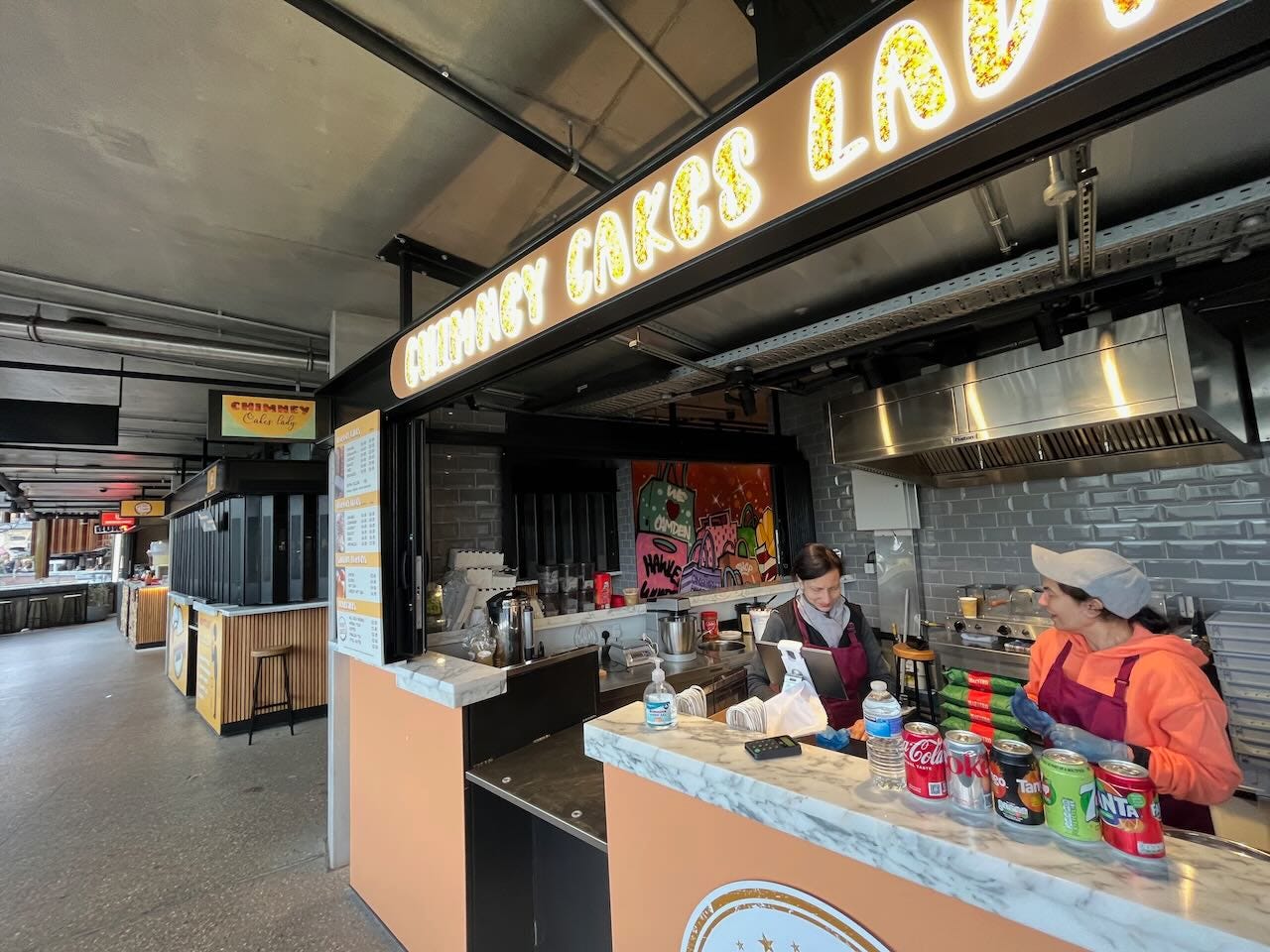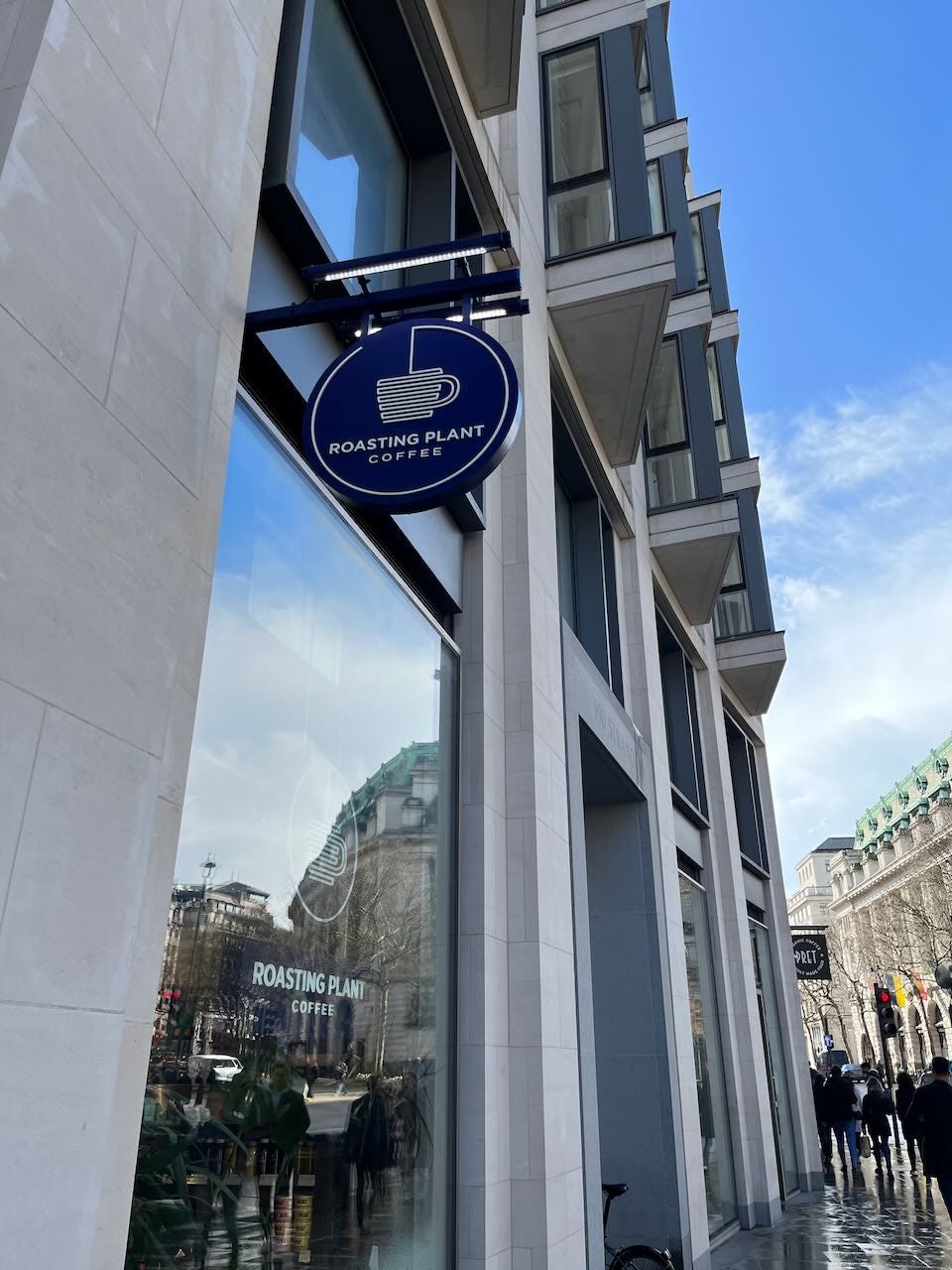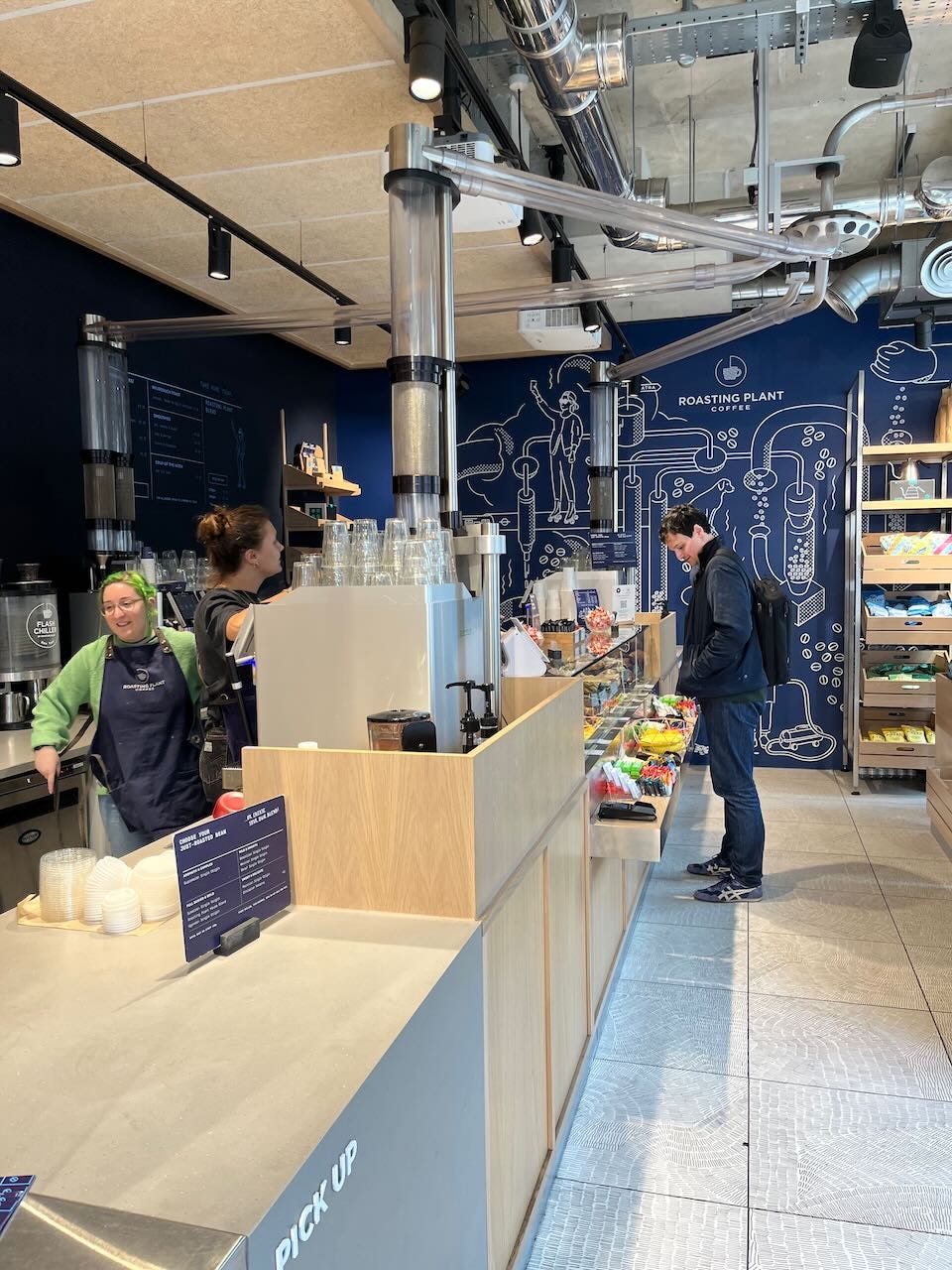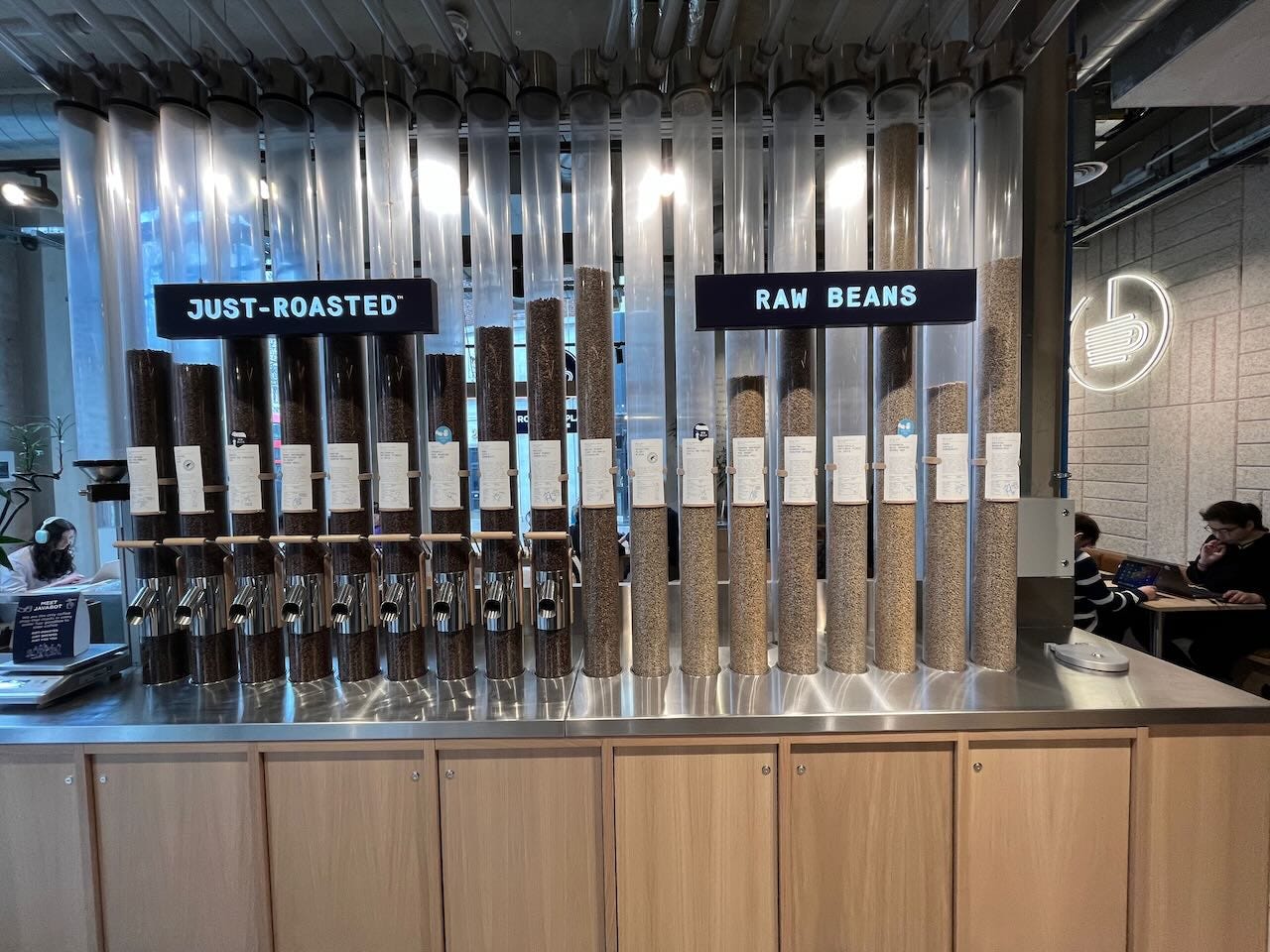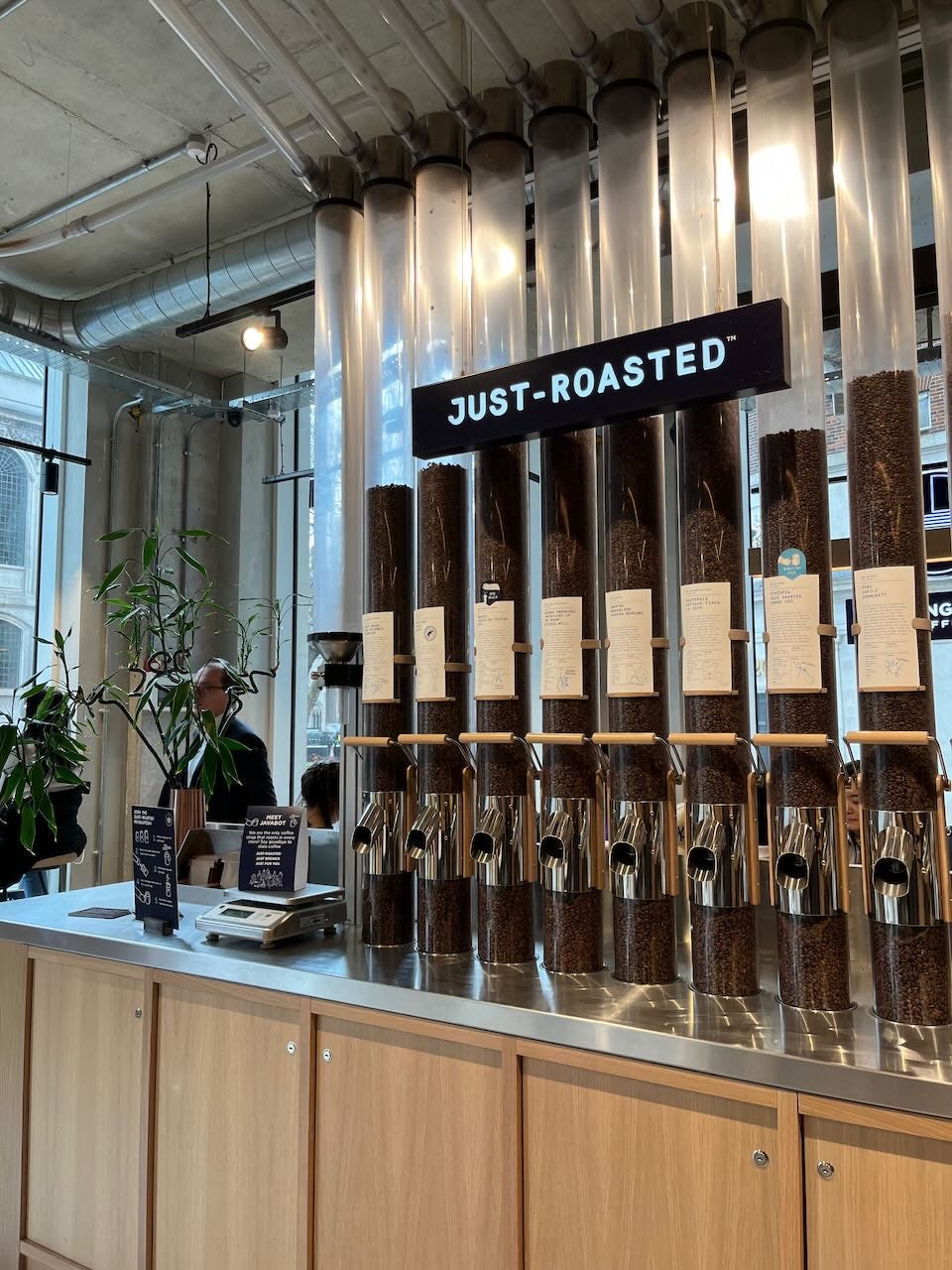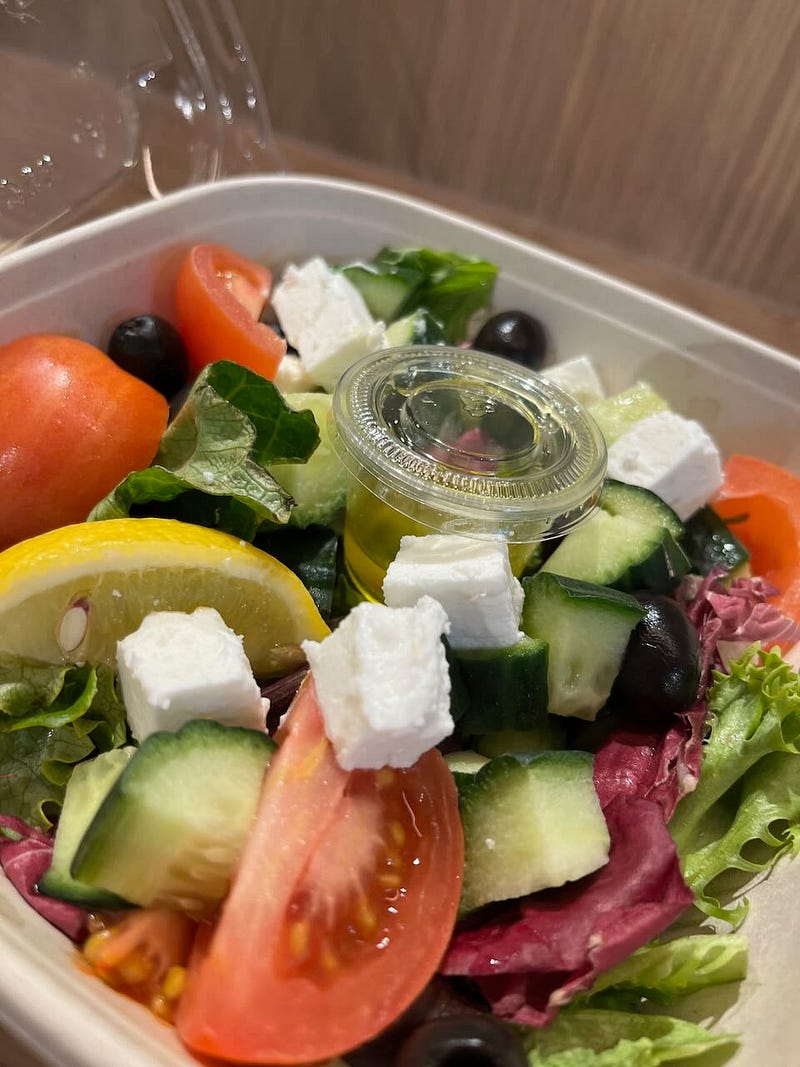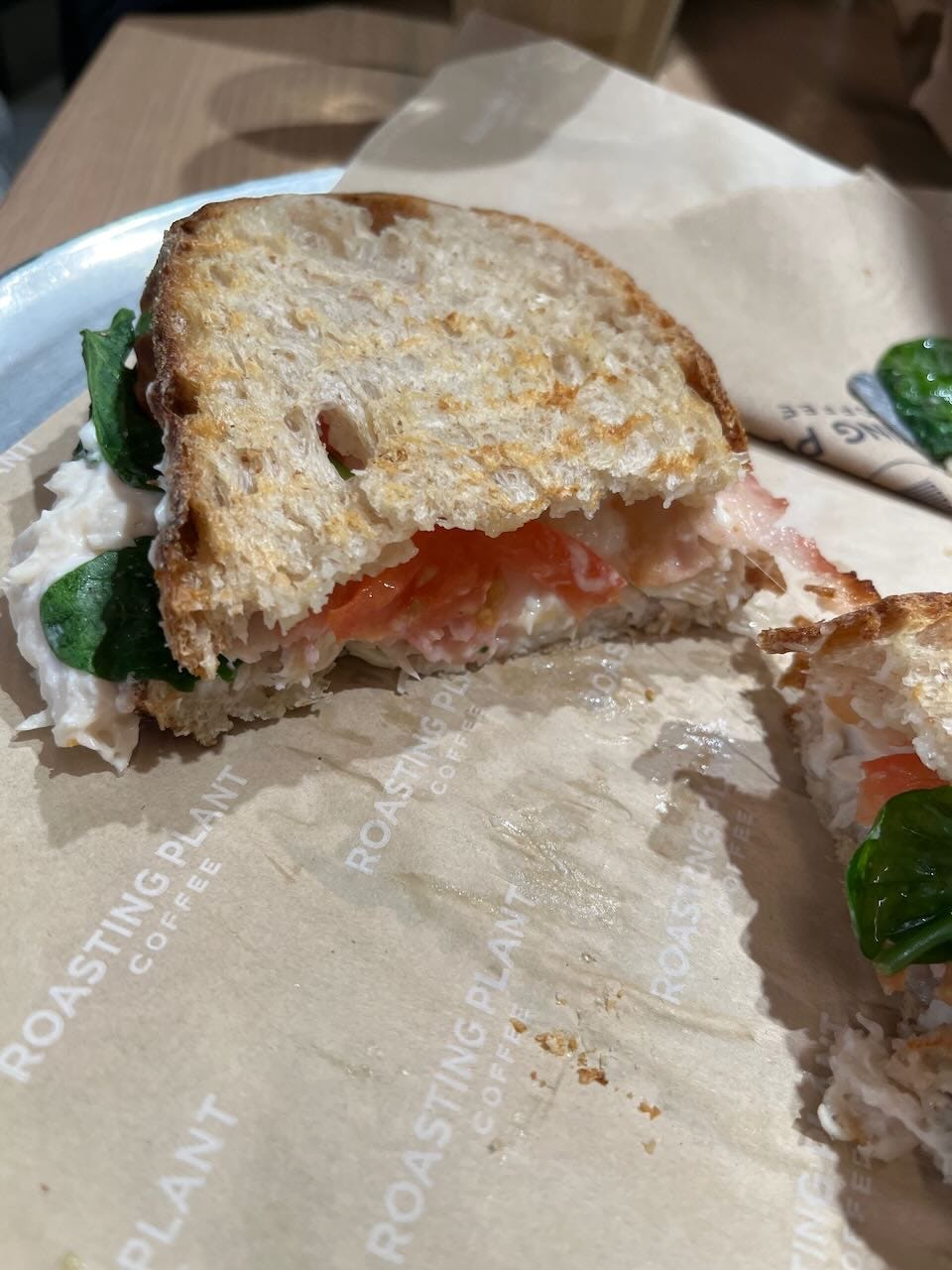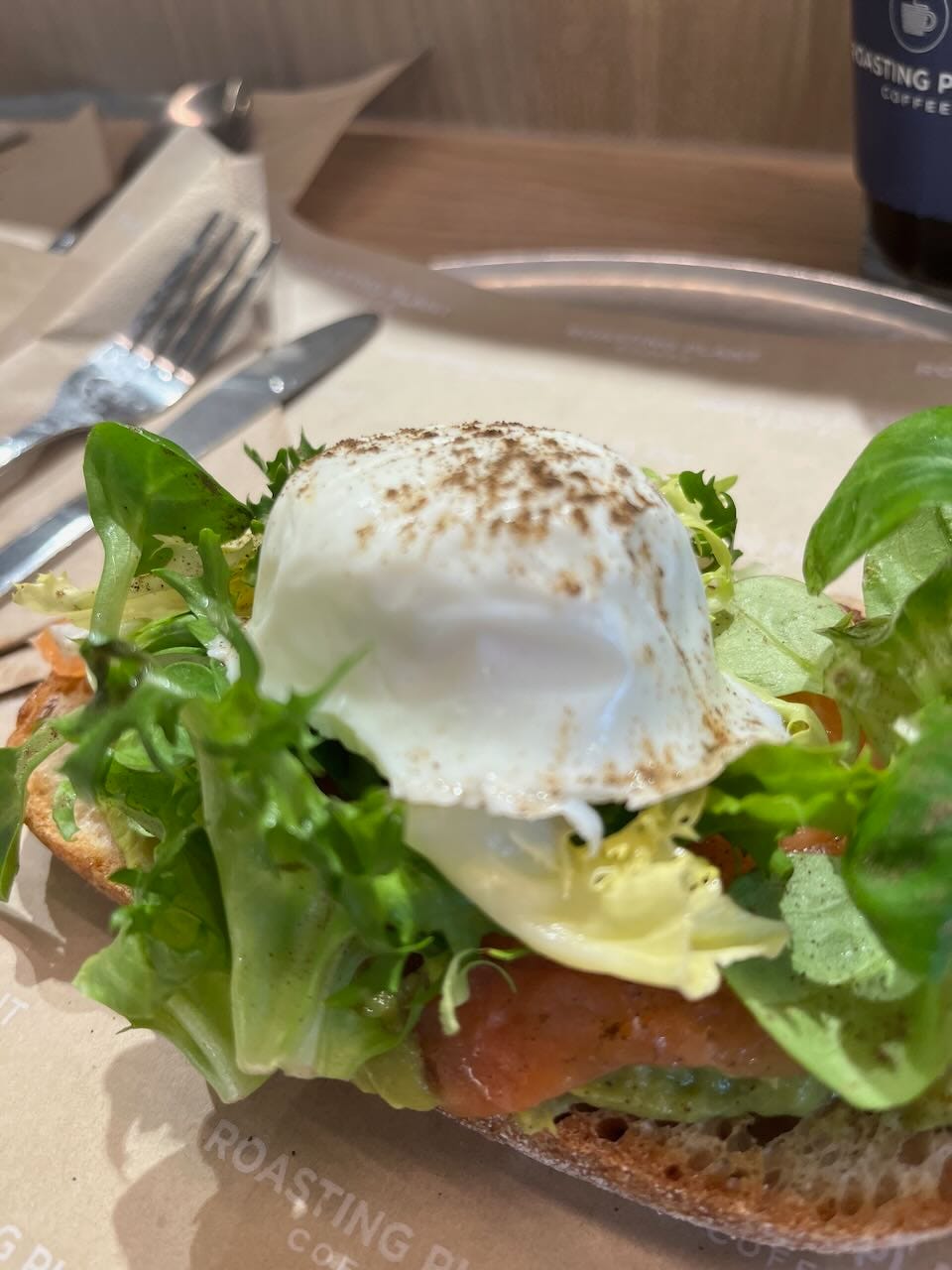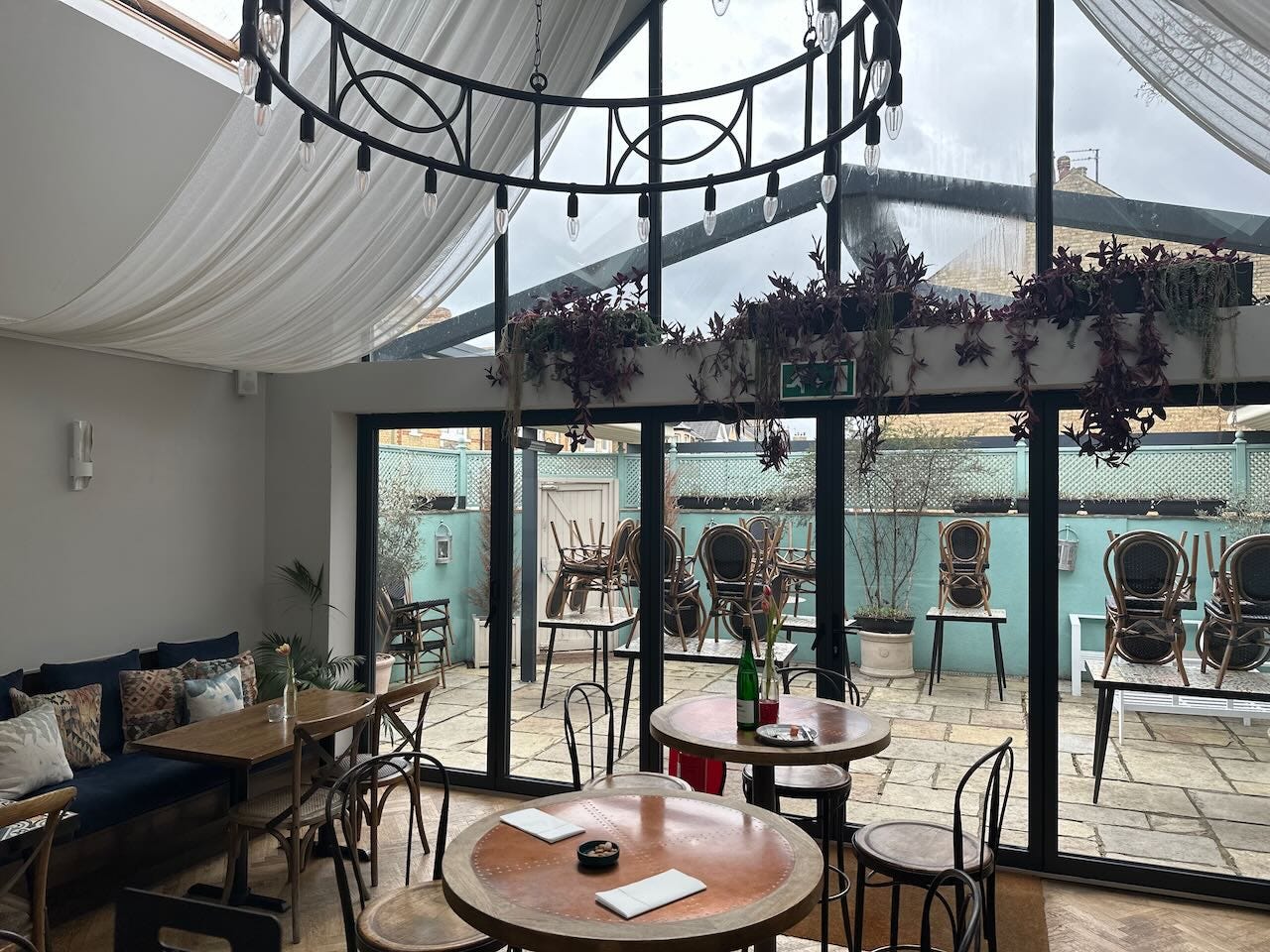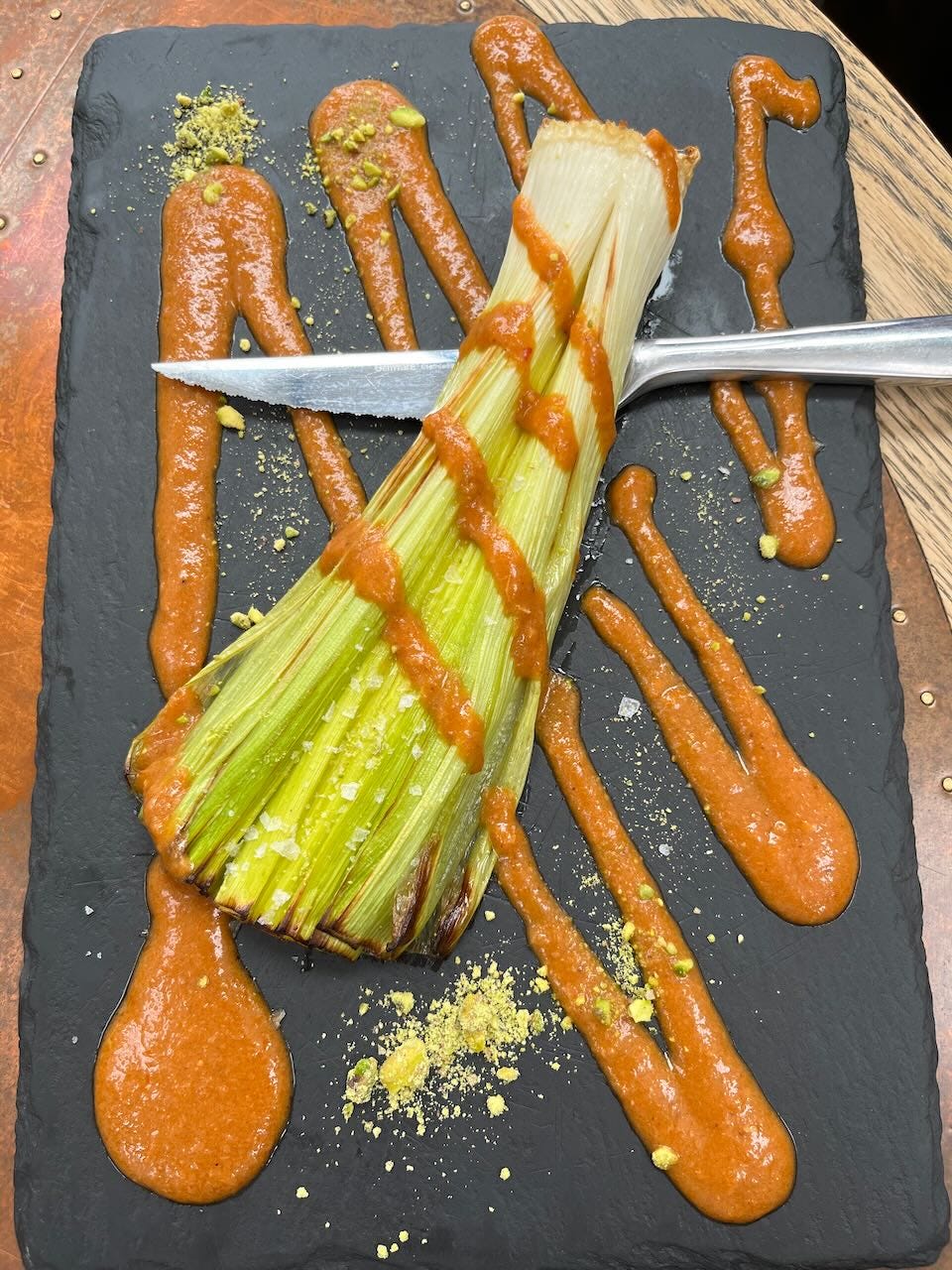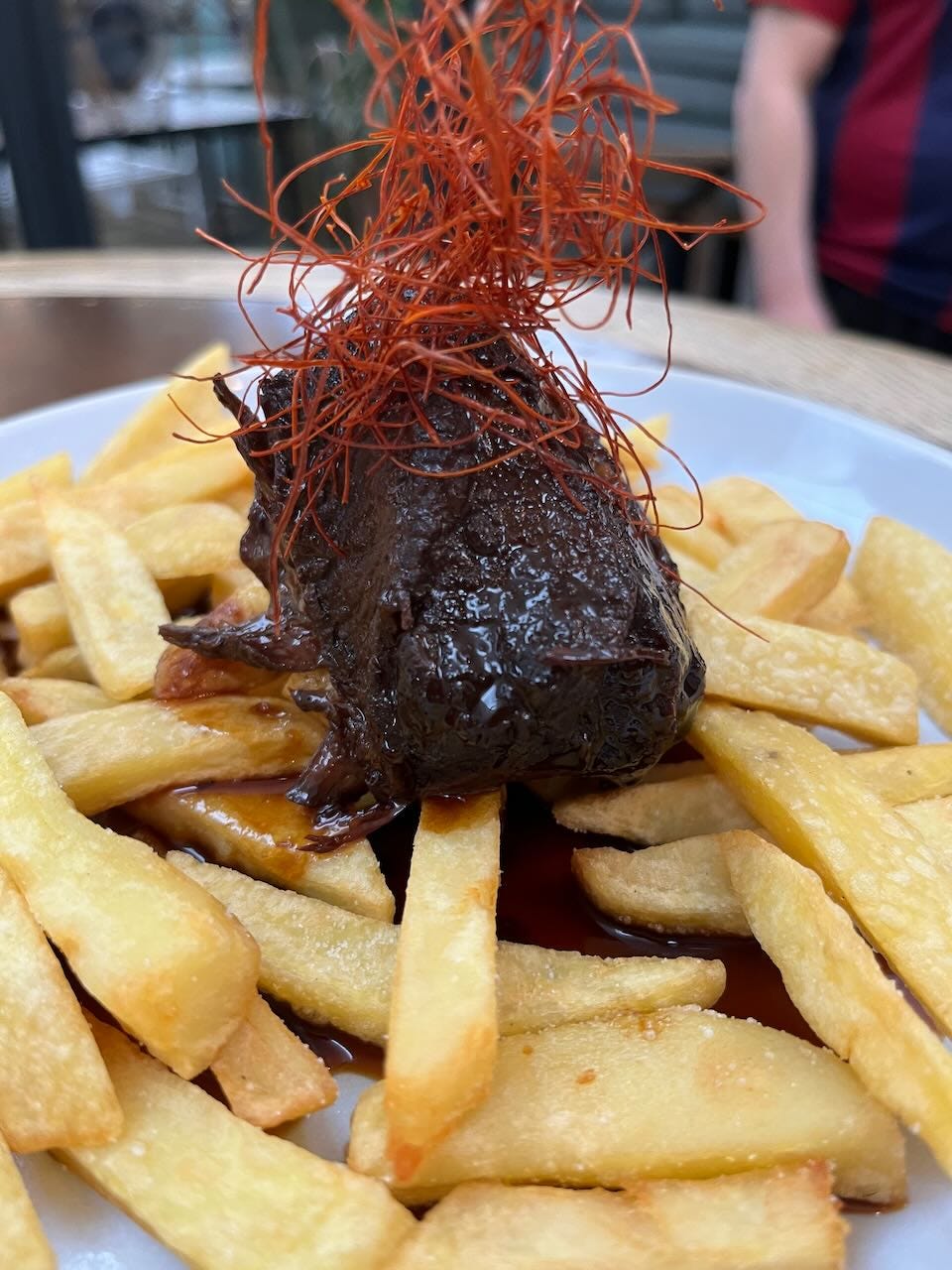DJ and music producer Florence I. Otedola, professionally known as DJ Cuppy, has donated £100,000 to the Africa Oxford Initiative (AfOx) to support African graduate students at Oxford.
The Cuppy Africa Oxford Scholars Fund intends to support exceptional African graduates to meet unexpected financial costs and enable them to access the necessary skills, resources and networks to maximise their impact across Africa and beyond.
In an interview with Cherwell, Cuppy explained that “the idea behind this fund is to support particularly students that are from African descent, regardless of what they’re studying, to be able to have access to resources […] It could be accommodation, it could be learning materials, it could be mental health aid, it could be anything needed to get you through outside of academia.”
Cuppy has earned a name for herself as a DJ and music producer, pioneering the genre Neo-Afrobeats. She has played at some of the world’s top nightclubs and events such as the MTV Africa Music Awards 2014 where she was the resident DJ and was recognised in 2020 in Forbes’ 30 under 30 list for her work in entertainment.
Reflecting on how her life experiences have shaped her desire to establish the fund, she notes that “I’m from Nigeria, I was born in Lagos and Nigeria is a country that historically, and socially hasn’t put women at the forefront. Men are often considered the superior gender. And it’s been very difficult because then on top of that, going into DJ-ing as a woman I’ve had to have a certain bit of confidence, a certain bit of self-belief. And I can tell you only education gave me that because knowledge is power. […]
Cuppy acknowledges her privilege as the daughter of wealthy businessman and philanthropist Femi Otedola, saying that “education is something that where I’m from isn’t easily accessible. So, I consider myself extremely, extremely privileged. […] I live by ‘onto whom much is given, much is expected’ and so because I have had the privilege of education, it’s only right that I’m able to share that as much as I can.”
She herself studied at Oxford, completing an MSc in African Studies in 2022. She remarked how “Oxford became a haven for me and an opportunity to really soak in life in a different sense” and how her student experiences have driven her to set up the Cuppy Fund. She recounts that “I had a classmate who, not because of his academic abilities, but because of lack of resources, wasn’t able to finish. That was extremely difficult to watch and unfortunately, that’s not an isolated situation. So, the fund was really to start to address this idea of the support system.”
Talking about her hopes for the fund, she explains that she hopes it can be used by its recipients for their personal development outside of their academics and to allow them to make the most of their environment. She explains that “you don’t only need to develop your brain, you need to develop your mind, you need to develop your soul. And so the impact that this has is that with the resources, students are coming out, not just a degree smarter, ‘a degree hotter’ as I said in my Instagram post. They’re coming out, you know, more rounded, more ready for the world.”
The fund is a partnership with AfOx, a cross-university platform that advocates for engagement at Oxford with Africa and facilitates research collaborations between African institutions and Oxford. They seek to increase the number of African students pursuing postgraduate degrees at Oxford, offering graduate scholarships to allow these students to realise their potential.
Dr. Anne Makena, Co-Director of AfOx, University of Oxford, said, “We are absolutely delighted that Cuppy is so generously supporting African graduate students here at Oxford. We both share the experience of being African graduate students at Oxford and it is a great honour for AfOx to partner with Cuppy to address some of the unique challenges that African students might encounter during their time in Oxford. The Cuppy Africa Oxford Scholars Fund will help to ensure that they have access to the best possible support to navigate and succeed at Oxford, and continue on to remarkable careers as champions of development in African countries and globally.”
Cuppy reflects that “Setting up this fund makes me prouder than my certificate itself because it’s something that can open more and more doors, not just for me, but for other people […] I’m really proud of what we’ve done. I would love to do more. And it just feels like the start of something very big. I want this to really, you know, be an example to other students that when you go through a door, you must leave it open.”
Image credit: Florence I. ‘Cuppy’ Otedola



